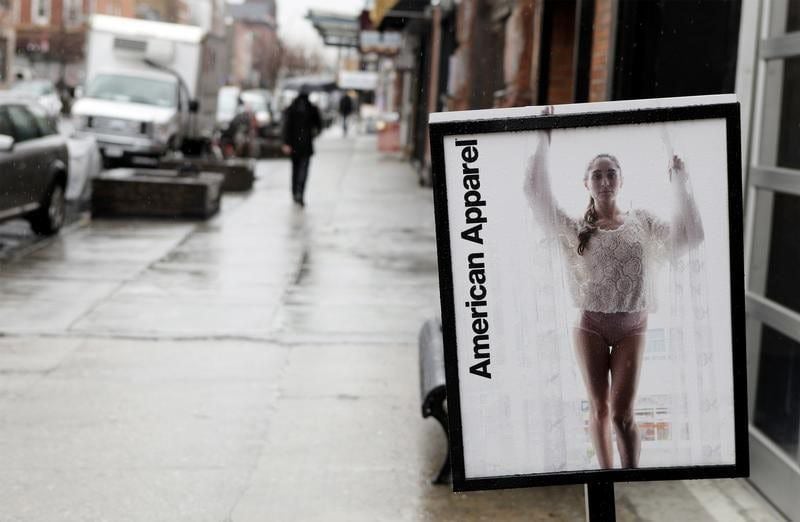
Gildan Activewear Inc.’s entire board of directors and chief executive officer Vince Tyra quit, conceding defeat after a bruising five-month battle with an activist shareholder over the future of the Canadian clothing maker.
The mass resignation is a victory for Los Angeles-based investment firm Browning West LP, owner of about 5 percent of Gildan’s shares. It gains control of the board, installing United Rentals Inc. chair Michael Kneeland as chair and reinstating Glenn Chamandy as CEO.
Gildan’s board took the decision after shareholders “made their views clear” in advance of an investor meeting scheduled for May 28. Browning West said preliminary results suggested an “overwhelming majority” of shares would be voted in favour of its eight proposed directors at that meeting.
The outgoing board halted all discussions on a previously-announced sale process, Gildan said in a statement late Thursday.
The company, one of the world’s largest makers of affordable T-shirts and owner of the American Apparel brand, has spent months embroiled in a toxic feud over its direction and who should be in charge. Browning West launched a campaign to eject the board in December after directors fired Chamandy and replaced him with Tyra, a former Fruit of the Loom executive and former athletic director at the University of Louisville.
Montreal-based Gildan, which was founded by Chamandy’s grandfather, has become a $6 billion company through a strategy of manufacturing in cheap-labour countries, allowing it to become a low-cost supplier of T-shirts and other apparel to retailers such as Walmart Inc. and to printwear shops and designers.
The board had accused Chamandy of being a disengaged CEO, of stalling an agreed-upon succession plan and of wanting to pursue a risky acquisition strategy — he proposed to acquire two distributors for more than $3 billion, according to documents seen by Bloomberg News.
But shareholders, led by Browning but including other large investors such as Jarislowsky Fraser and Janus Henderson Group, rallied to Chamandy’s side and called for his reinstatement.
The very public proxy fight already prompted Gildan to overhaul its board only one month ago. On May 1, five directors stood down, with replacements appointed including former Goldman Sachs Group Inc. executive Tim Hodgson as chairman. Another two said they’d leave at next week’s shareholder meeting.
But it wasn’t enough. In recent days, proxy advisers Institutional Shareholder Services and Glass Lewis backed Browning West. Unusually, so did a group of Gildan’s own executives, who wrote a letter to shareholders suggesting they should support the investment firm’s efforts to bring Chamandy back.
‘Preferred Outcome’
In March, Browning West and Chamandy laid out plans to boost revenue, borrow more money and accelerate share buybacks to lift the stock price. Their strategy proposed that Gildan, which employs about 43,000 people worldwide, should shift more of its production to a facility in Bangladesh and away from Honduras, where energy and labour costs are higher, and focus on trying to grow in higher-end segments of the market, such as fleece products and clothing with better-quality fabric.
Their stated goal is to increase the share price to $60 by the end of next year and more than $100 in about five years. Gildan closed at $35.55 on Thursday in New York.
“Our directors are eager to begin working toward their common goal of delivering enhanced shareholder value, which begins with reinstating Glenn Chamandy as CEO,” Browning West’s Usman Nabi and Peter Lee said in a statement.
“Glenn is a visionary leader with a track record of value creation, an unparalleled knowledge of Gildan’s manufacturing business, a deep connection with the company’s employees and shareholders, and an impressive ability to foresee key industry shifts to keep Gildan one step ahead of competitors.”
Desjardins analyst Chris Li wrote that Browning West’s victory “is the preferred outcome,” and that placing a conservative multiple on Gildan’s projected earnings should support a valuation of $45 per share. “But volatility could persist in the near term from shareholder turnover and macroeconomic challenges limiting visibility on demand.”
By Mathieu Dion and Thomas Seal



